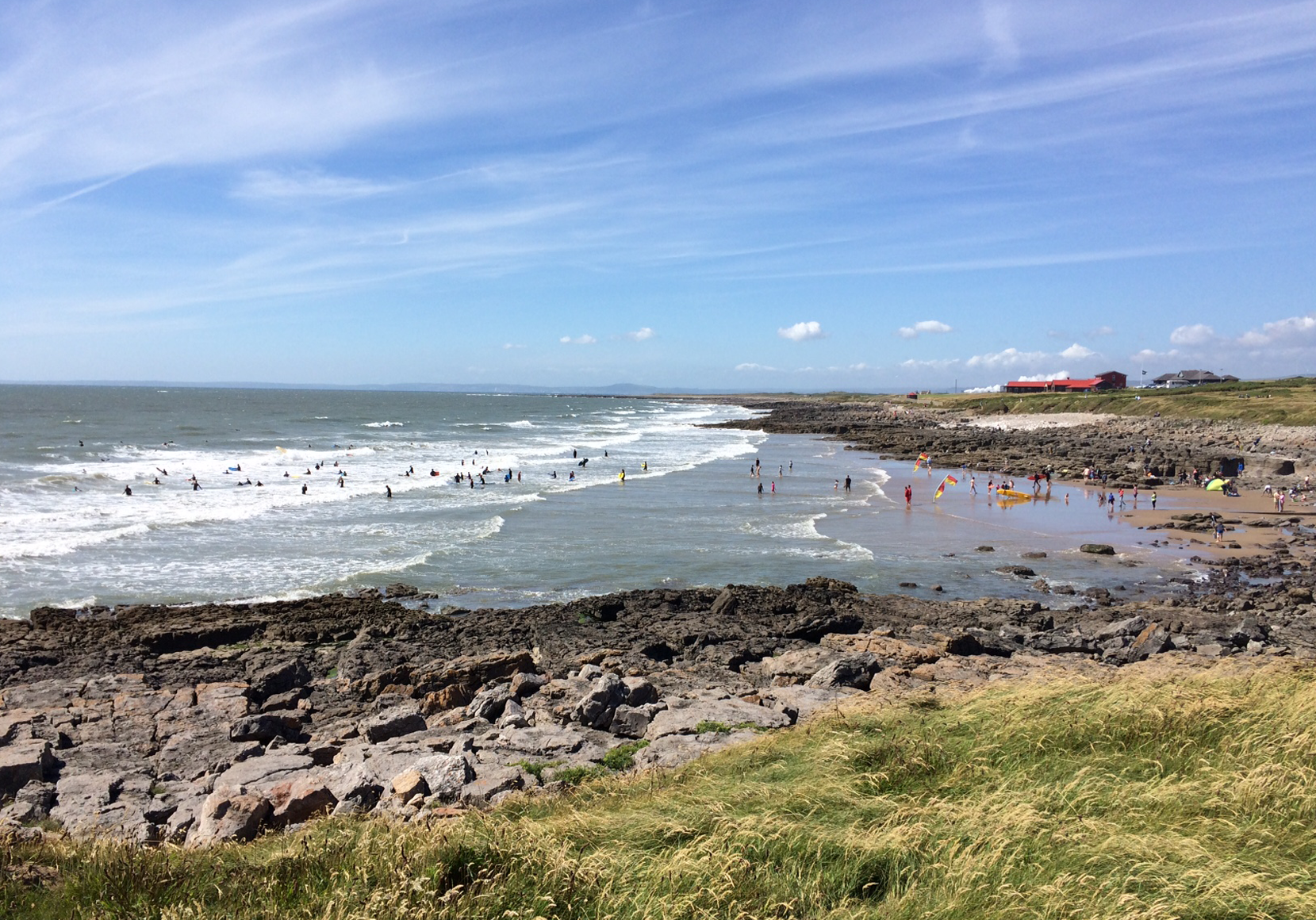Bridgend County Borough Council Constitution
We will update this document as and when the council approves changes.
An overview of councillors' work
Councillors represent the people of Bridgend County Borough. They are appointed at local elections, which are usually every four years. Currently, there are 54 councillors for 39 wards. While they serve the whole community, councillors have a duty to know what is happening in their area. Councillors campaign to further their ward’s quality of life and development, as well as the borough’s.
What’s more, they collaborate with local bodies and forums. This includes health boards, the police and schools. In this way, councillors gain a deep understanding and knowledge of community organisations. Above all, councillors listen to local people’s needs, and take their views into account when making decisions.
The council’s ‘top’ body is the Full Council meeting. The Full Council is where all 54 councillors debate decisions, and the Full Council decides the budget, as well as policy. Also, councillors may have posts in the Cabinet, on standing committees or as members of Scrutiny.
The Independent Remuneration Panel for Wales sets councillors pay. They are compensated for their time and expenses while on council business. For more information on councillors’ allowances, visit councillors’ remuneration.
To an extent, councillors decide how busy they are. That is, if they take on duties such as being a Cabinet member, they will have much more work, but generally, they:
- attend all committees which they belong to
- attend all formal council meetings
- attend numerous seminar and training events
- deal with correspondence and visits
- pursue queries
- read detailed papers and background notes
- represent the council to organisations and at conferences
- travel to meetings, sometimes over long distances
Some weeks have substantially more meetings than others.
Council officers are employed to enact councillors’ decisions. They offer wide-ranging advice, and, usually, the senior officers like the Chief Executive, directors and heads of service will be the first port of call. Councillors also receive administrative support from Member Services. The unit supports councillors’ needs and liaises between councillors, officers and the public.
Also, councillors have an allotted work space. It has facilities such as computers, printers, telephones and stationary.
Usually, county borough councillors serve five year terms. However, if elected at by-elections, they serve until the next scheduled council election, which will be in 2022.
To become a councillor, you must run for local election and win. To stand, you must be:
- at least 18
- a British citizen, or a citizen of another Commonwealth country, the Republic of Ireland or another EU member state
In addition during the whole 12 months before nomination and on polling day, you must also meet at least one of the following, where:
- you are registered as a local government elector for the local authority area
- you own or are the tenant of any land or premises in the local authority
- your main or only place of work has been in the local authority area
You may not stand as a councillor if you:
- are employed by the local authority, hold a paid office including joint boards or committees, or hold a politically restricted post with another council
- are a bankrupt
- have been sentenced to prison for three months or more, including a suspended sentence during the five years before the election
- have been disqualified under Part III of the Representation of the People Act 1983 or under the Audit Commission Act 1998
The council’s Leader is elected annually. Their election takes place at the Annual Meeting of Council, which occurs in May. The Leader is the council’s political head, and so is usually the group leader of the majority political party. However, smaller groups coming together to form an alliance can form a majority.

